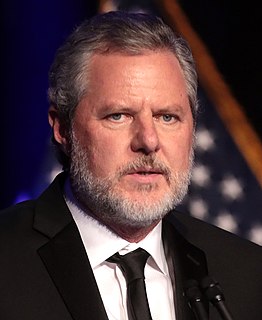A Quote by Charles Caleb Colton
We should choose our books as we would our companions, for their sterling and intrinsic merit.
Related Quotes
In a true community we will not choose our companions, for our choices are so often limited by self-serving motives. Instead, our companions will be given to us by grace. Often they will be persons who will upset our settled view of self and world. In fact, we might define true community as the place where the person you least want to live with always lives
In the space between stimulus (what happens) and how we respond, lies our freedom to choose. Ultimately, this power to choose is what defines us as human beings. We may have limited choices but we can always choose. We can choose our thoughts, emotions, moods, our words, our actions; we can choose our values and live by principles. It is the choice of acting or being acted upon.
All men and women are born, live, suffer and die; what distinguishes us one from another is our dreams, whether they be dreams about worldly or unworldly things, and what we do to make them come about... We do not choose to be born. We do not choose our parents. We do not choose our historical epoch, the country of our birth, or the immediate circumstances of our upbringing. We do not, most of us, choose to die; nor do we choose the time and conditions of our death. But within this realm of choicelessness, we do choose how we live.
We choose--or choose not--to be alone when we decide whom we will accept as our fellows, and whom we will reject. Thus an eremite in a mountain is in company, because the birds and coneys, the initiates whose words live in his 'forest books,' and the winds--the messengers of the Increate--are his companions. Another man, living in the midst of millions, may be alone, because there are none but enemies and victims around him.



































